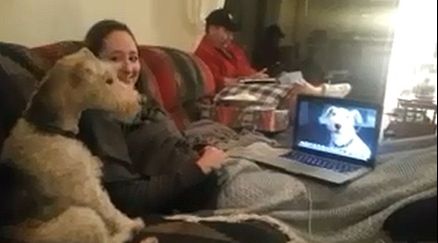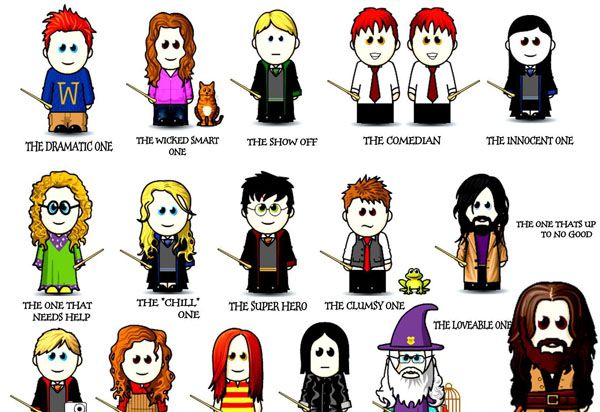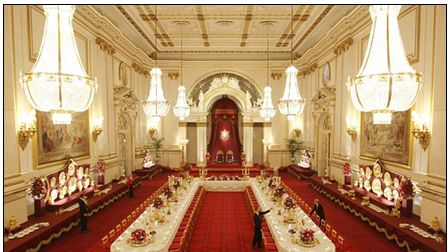January 26
|
The Red Army has liberated the Nazis' biggest concentration camp at Auschwitz in south-western Poland. According to reports, hundreds of thousands of Polish people, as well as Jews from a number of other European countries, have been held prisoner there in appalling conditions and many have been killed in the gas chambers. Few details have emerged of the capture of Auschwitz, which has gained a reputation as the most notorious of the Nazi death camps. Some reports say the German guards were given orders several days ago to destroy the crematoria and gas chambers. Tens of thousands of prisoners - those who were able to walk - have been moved out of the prison and forced to march to other camps in Germany. Details of what went on at the camp have been released previously by the Polish Government in exile in London and from prisoners who have escaped. In July 1944 details were revealed of more than 400,000 Hungarian Jews who were sent to Poland many of whom ended up in Auschwitz. They were loaded onto trains and taken to the camp where many were put to death in the gas chambers. Before they went they were told they were being exchanged in Poland for prisoners of war and made to write cheerful letters to relatives at home telling them what was happening. According to the Polish Ministry of Information, the gas chambers are capable of killing 6,000 people a day. Another report from Poland told of mass arrests in the village of Garbatka near Radom in the early hours of one morning in August 1942. Workmen were accused of plotting to blow up a local factory. Twenty were executed on the spot, the rest were sent to Auschwitz. Since its establishment in 1940, only a handful of prisoners have escaped to tell of the full horror of the camp. In October last year, a group of Polish prisoners mounted an attack on their German guards. The Germans reportedly machine-gunned the barracks killing 200 Polish prisoners. The Poles succeeded in killing six of their executioners. When the Red Army arrived at the camp they found only a few thousand prisoners remaining. They had been too sick to leave. The capture of Auschwitz comes as the Red Army has made important advances on three fronts: in East Prussia to the north, in western Poland as well as Silesia in eastern Germany. Fighting is continuing around the historic Polish western city of Poznan. The Polish capital, Warsaw, was liberated a week ago after five-and-a-half years of German occupation. India has been running her own affairs since the actual transfer of power from British to Indian hands on 15 August 1947. But today's ceremonies mark the cutting of her last ties to Britain. India's first president has been sworn in, replacing the Queen as the country's head of state, and the new constitution ratified. In the capital, Delhi, the day began with the 34th and last Governor-General of India, Chakravarti Rajagopalachari, reading out a proclamation announcing the birth of the Republic of India. The new President, Dr Rajendra Prasad, then took the oath of office. Dr Prasad was a key campaigner in the nationalist movement of Mahatma Gandhi, along with India's interim Prime Minister, Pandit Jawaharlal Nehru. The president then addressed the crowd first in Hindi, and then in English. "Today, for the first time in our long and chequered history," he said, "we find the whole of this vast land... brought together under thejurisdictionof one constitution and one union which takes over responsibility for the welfare of more than 320 million men and women who inhabit it." Dr Prasad then drove through the streets in his state coach, greeted by thousands of people along the way. The crowds werejubilant, but restrained - a marked change from the highly-charged atmosphere of August 15 1947, when the British finally left India. Then, there were scenes of total chaos as the police struggled to control the crowd, and riots broke out across the city. Over the next two years, hundreds of thousands died in the terrible violence that followed partition - the division of the British colony into two nations, the secular but Hindu-dominated India and the Islamic Republic of Pakistan. Then in 1948 the man who steered India to independence, Mahatma Gandhi, was assassinated. Today, the place where he was cremated on the banks of the River Jumna became a site of pilgrimage for thousands of people. Dr Prasad visited the spot soon after daybreak and joined in paying homage to the memory of the man now known as "the father of the nation". jubilant: to kill by squeezing the throat of so as to cut off the air(欢呼的,喜悦的) |








